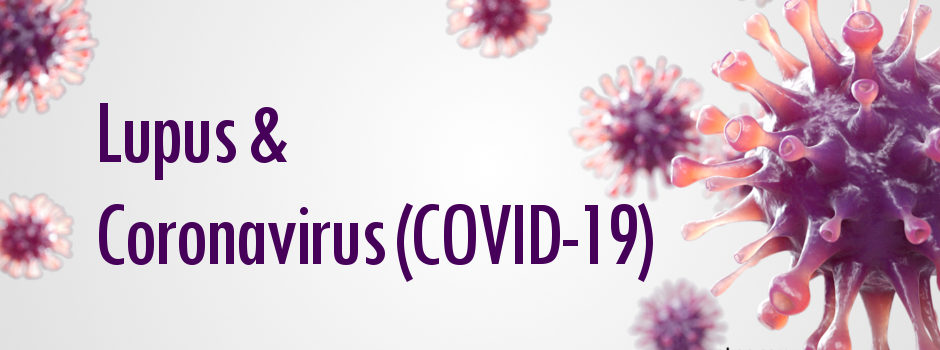The threat a COVID-19 infection poses for people with lupus is higher than the general population. We urge you to follow these Centers for Disease Control and Prevention (CDC) recommendations to protect your health and lower your risk for infection:
Avoid close contact with people who may be sick
- Avoid people who are sick — including family members — even if it seems like their illness is not serious.
- Avoid crowds, especially in closed spaces with little air circulation. Your risk of exposure to respiratory illnesses (illnesses that affect the lungs and the ability to breathe), like the coronavirus, increases when you share crowded, enclosed spaces with other people who may be sick.
- Avoid air travel and cruise ship travel. This kind of travel involves enclosed spaces where it would be hard to avoid germs.
- When you do go out in public, avoid handshakes, hugs, and other physical contact and wash your hands often.
Stay home
- Stay home from school or work.
- Contact your doctor and ask about getting an extra supply of your medications in case there is an outbreak in your community and you need to stay home for a while. Please remember you should never stop taking your lupus medicines or skip or reduce doses without first talking to your doctor.
- Stock up on food and other necessary supplies, including over the counter medicines, tissues, etc.
- Consider ways to have items that you may need delivered to you through friends, family, or businesses.
Take steps to avoid getting sick
- Wash your hands (tops, palms, and fingers) often with hot, soapy water for at least 20 seconds, especially after you have been out in public. Remember that surfaces—especially in bathrooms, on shared office equipment, on store counter tops, gas pump handles, any surface of the car, and in restaurants—can expose you to germs.
- Keep and use alcohol-based gel or wipes, both out in public and at home.
- Avoid touching your eyes, nose, or mouth. Germs spread this way.
- Use the crook of your arm to shield coughs and sneezing. Do not use your hands or handkerchiefs as they carry moisture that spread viruses.
Have a plan for what to do if you get sick
- Make sure you know how to contact your doctor to get help and information.
- Stay in touch with friends, family, and care providers. Let them know your situation and how to help you if you get sick.
Watch for symptoms
- Watch for fever, cough, and shortness of breath.
- Call your doctor right away if you start to feel sick.

